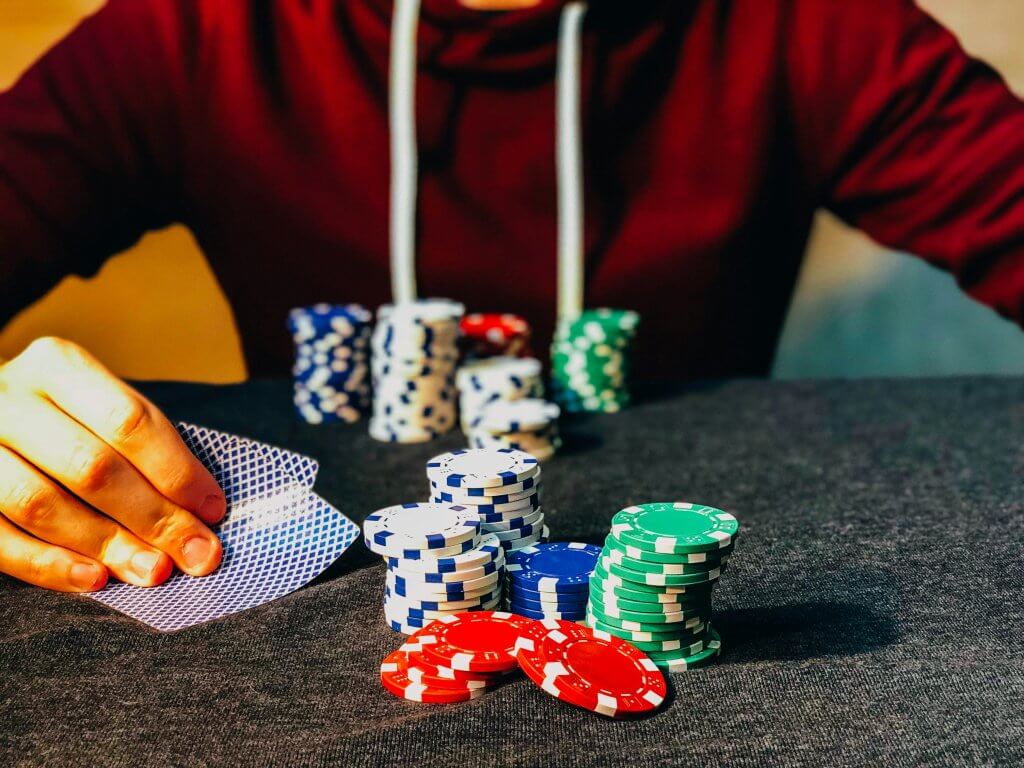In this increasingly globalized world, being multilingual can offer a range of benefits, from improved academic and career prospects to expanded worldviews and cross-cultural exchanges. Thus, a previous post entitled ‘Your Language Learning Experience Optimization’ provides tips on utilizing visual tools to advance the language learning process. These include customized flashcards to memorize essential vocabulary, infographics to understand grammar rules, and worksheets to assess comprehension and exercise storytelling skills.
Beyond the aforementioned visual tools, you can also incorporate games into your learning strategy to stay engaged and have fun while still acquiring new skills. A notable example of this is the traditional card game poker, as its blend of skill and strategy enhances the same cognitive functions essential for learning new languages. Below, we establish the link between playing poker and being multilingual, before outlining poker’s cognitive benefits that can help with successful and effective language learning.

The link between poker and multilingual abilities
While it’s often misunderstood that poker is simply a game of chance, the card game has been officially recognized as a mind sport, joining the likes of chess and bridge as established intellectual disciplines. This means poker involves the use of cognitive functions like working memory, attention, concentration, and information processing—the same mental skills essential for learning new languages.
Credit: Primed Mind on YouTube
Since playing poker and using different languages are both cognitive exercises, it makes sense why some of the best professional poker players in the world are multilingual. For example, Fedor Holz, originally from Saarbrücken, not only tops Germany’s all-time money list but has also become popular in international poker tournaments, such as the renowned World Series of Poker (WSOP), where he won his first bracelet in the high-stakes $111,111 High Roller For One Drop event. Holz highly acknowledges the mental skills crucial to poker, creating a network with other poker pros like Steffen Sontheimer and Rainer Kempe to discuss strategy and launching the mobile app Primed Mind for mindset and performance coaching.
Credit: ACR Poker on YouTube
The cognitive performance involved in playing poker and being multilingual can also be observed in the world of online poker. While ACR Poker is primarily an American online poker site for top tournaments like the high-stakes Venom series, the platform’s diverse team of ACR Pros features multilingual players, such as Spain-born Ana Marquez. For a long time, Marquez has played in Europe and North America and has succeeded in international poker competitions like the Triton Poker Super High Roller Series. Meanwhile, Polish poker player Monika Zukowicz used to do live poker commentary in her home country but now hosts live streams in English to promote online poker globally. Likewise, the inaugural ACR Team Online, a group of poker streaming pros who create content and play cash games and tournaments with ACR Poker’s community, includes multilingual players like Svitlana ‘Svetarik’ Dryha from Ukraine and Oskar ‘Deckflow’ Ojaveer from Estonia.
Poker’s cognitive benefits
But how exactly does poker benefit your cognitive abilities and, by extension, your capacity for language learning? 2023 research by Hurel et al. found that playing poker involves spatial attention, a cognitive function that allows the selective processing of stimuli and the ability to interact with and orient oneself in a visual environment. Poker players primarily displayed social information processing abilities to observe and predict opponents’ strategies, thus helping you decode social context and cues inherent to the new language you’re learning.
Additionally, poker benefits your working memory by requiring you to remember hand rankings and evaluate the hands played by opponents during games and tournaments. Research published in Psychology and Education: A Multidisciplinary Journal, Volume 16, No. 6 notes that working memory performance, including its specific domains like planning, problem-solving, reasoning, and comprehension, is correlated with language processing outcomes for second language learners. In other words, poker sharpens your working memory to make it easier to acquire new vocabulary and linguistic patterns.
Lastly, poker can be an effective tool for training your focus and concentration, which are useful for studying and retaining information from language-learning materials like books, videos, and exercise worksheets. Since playing poker involves constant observation and analysis of factors like the cards on the table, your own hand, and your opponents’ betting patterns, you can approach language learning with a more strategic and focused mindset.
Whether you’re a beginner or an experienced poker player, you can utilize this card game to exercise your brain and prepare it for the cognitive demands of language learning. Continue reading Translation Blog’s articles for more learning tips and resources.

